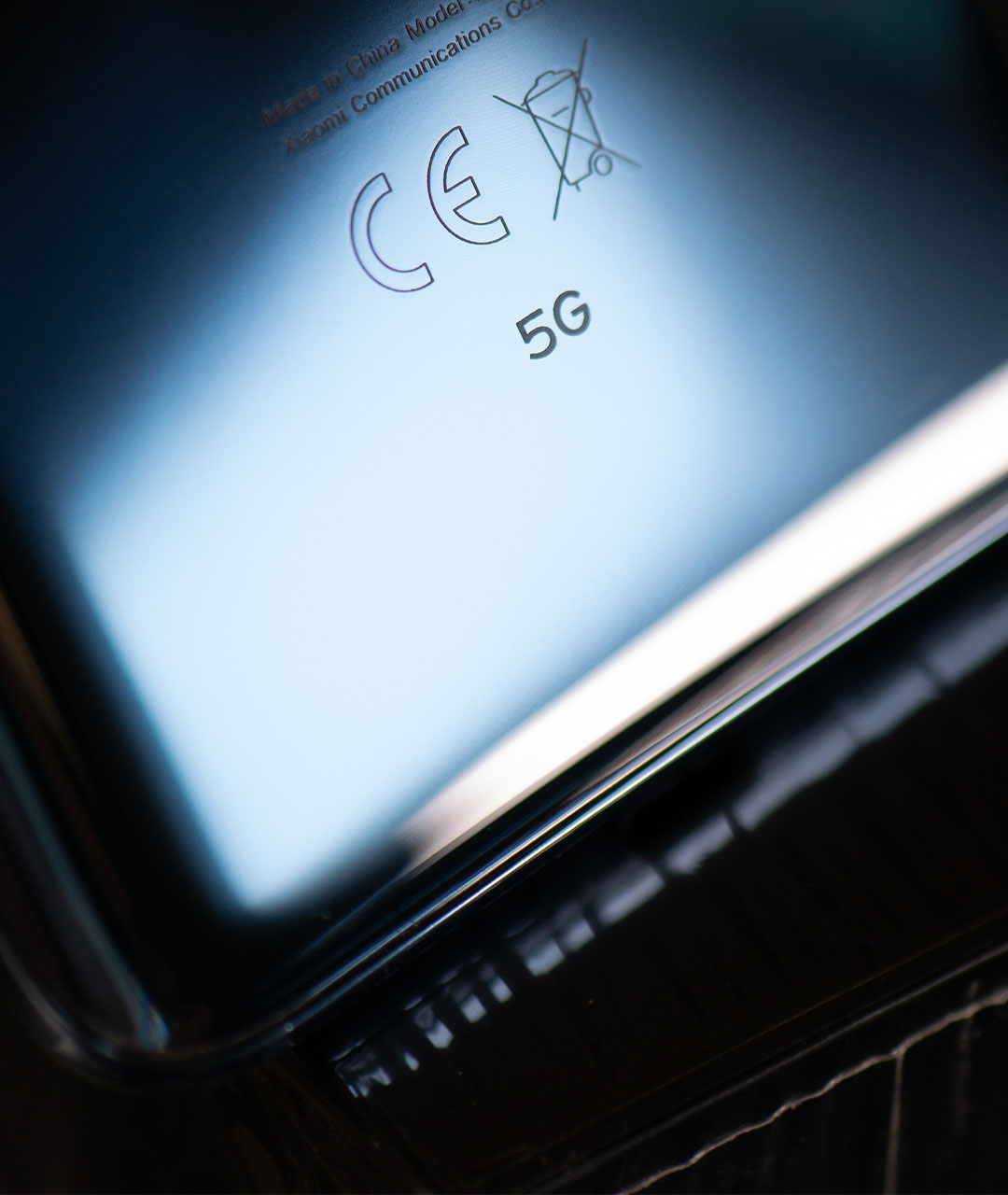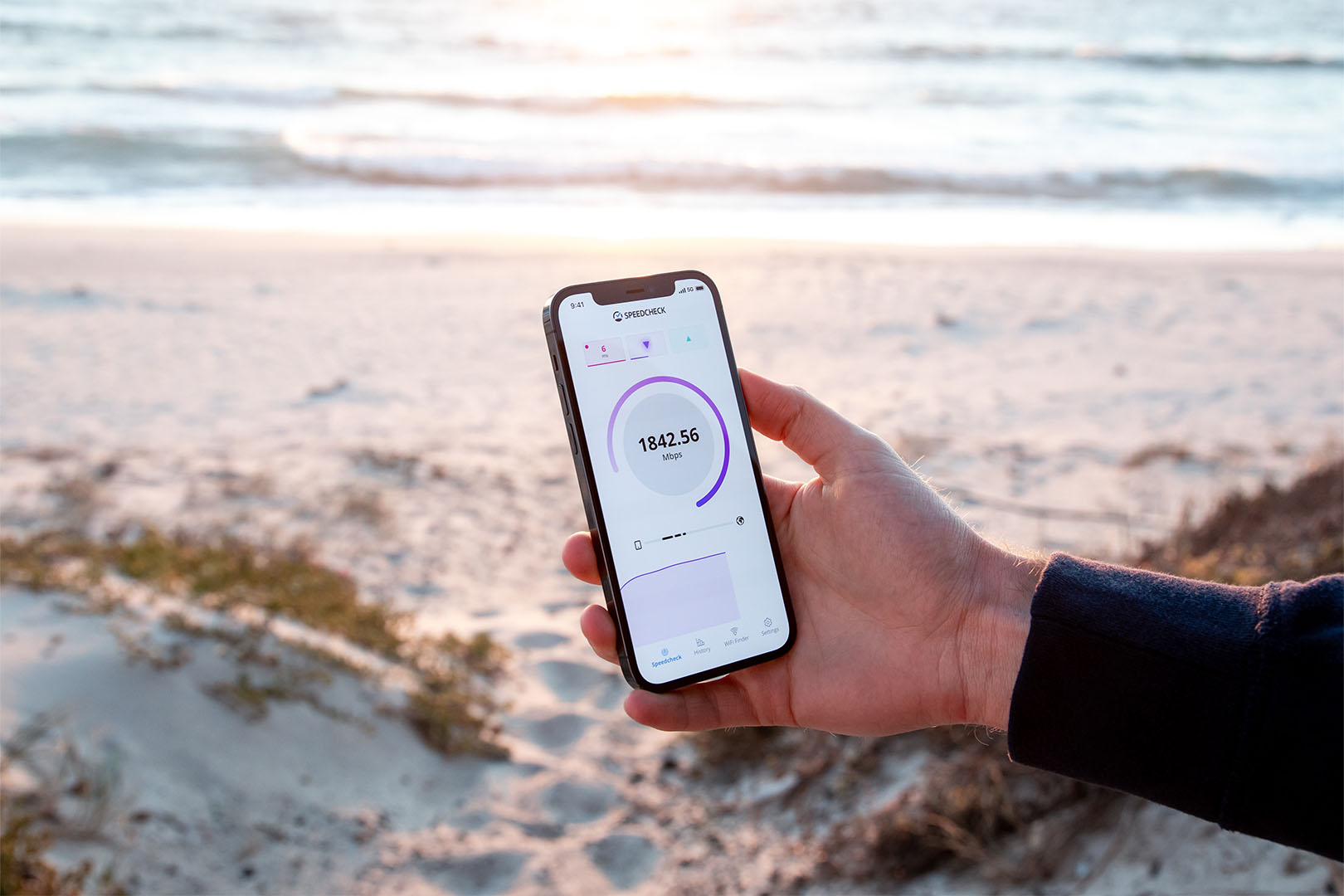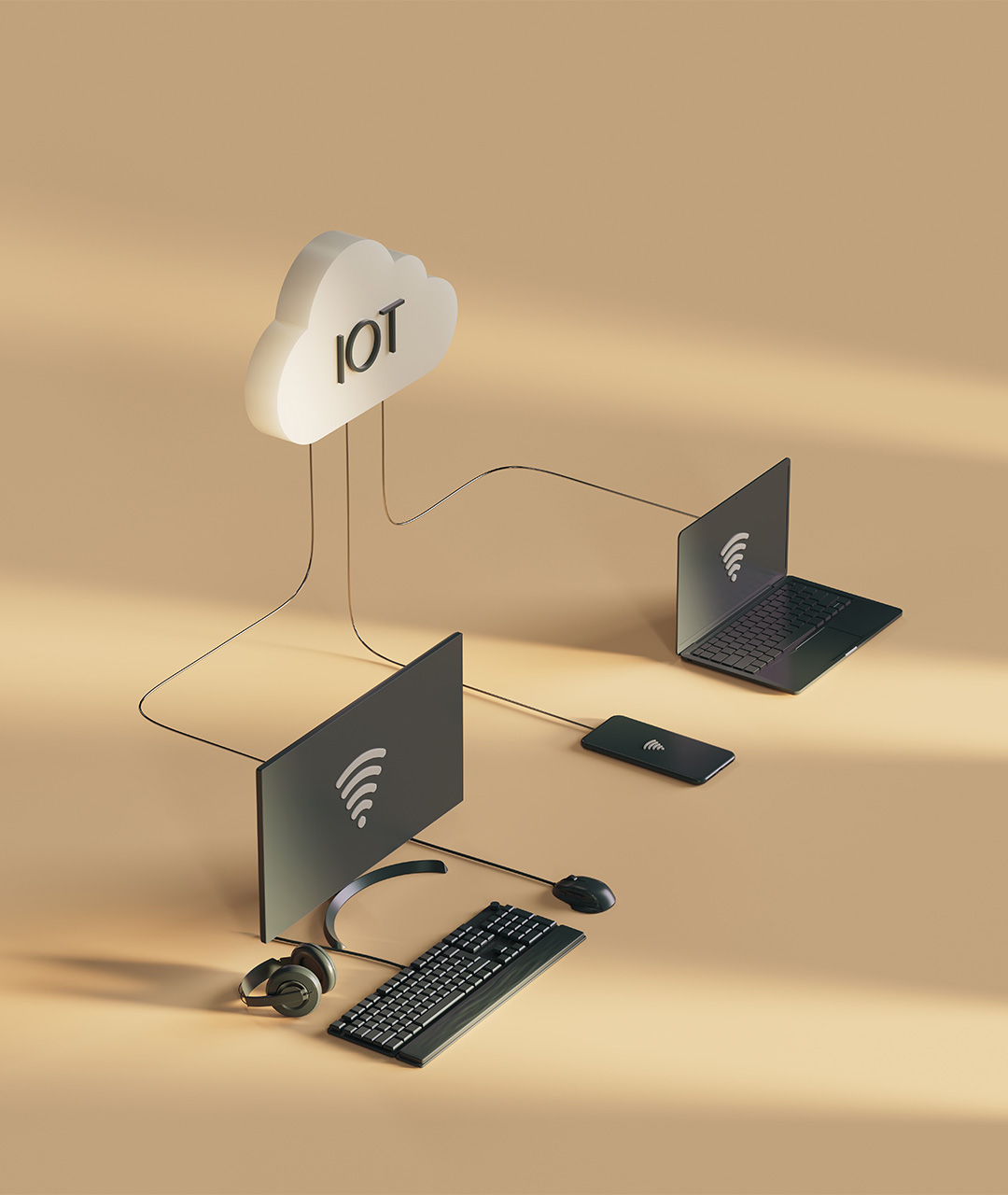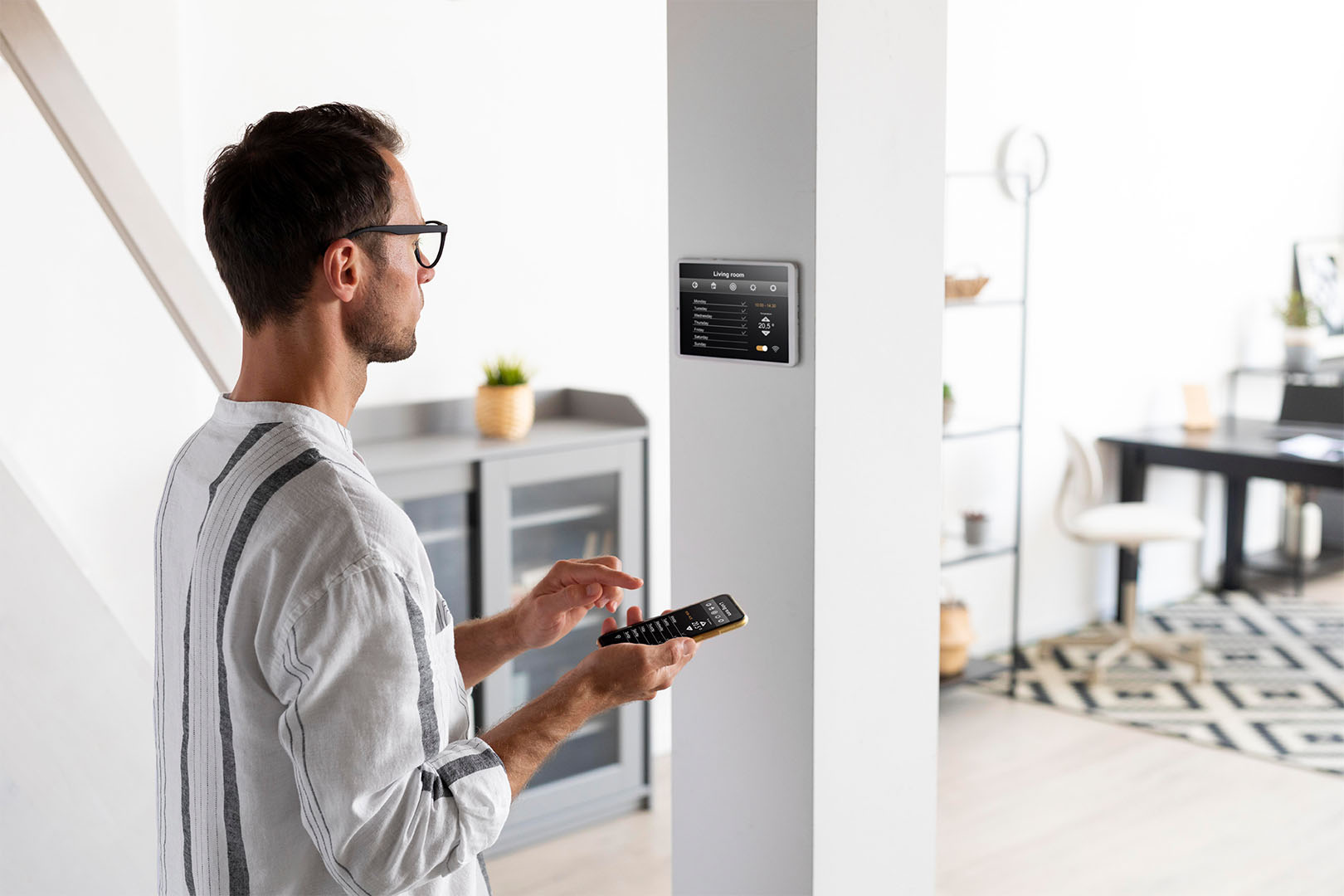The Impact of 5G Technology on Digital Experience
February 6, 2024
Get ready for a digital revolution! With 5G technology on the scene, our digital world is in for a major makeover. It’s not just about faster speeds; 5G has the power to change how we do everything online, from working and chatting to diving into cool augmented reality experiences and seamlessly connecting all our devices. In this article, we’re diving into how 5G is going to shake up our digital lives, making things more exciting, interactive, and just plain better. Come along as we explore the cool ways 5G will transform our digital experiences, taking us into a future where the possibilities are bigger and better than ever.
Understanding the 5G Technology
In today’s world, the significance of our digital experiences is undeniable. As technology advances quickly, our daily lives are deeply intertwined with the digital realm, shaping how we talk, work, shop, have fun, and get information.
What is 5G Technology? 5G, or fifth-generation technology, refers to the latest standard in wireless communication networks. It is designed to provide faster data transfer speeds, lower latency, increased device connectivity, and support for a massive number of simultaneous connections compared to its predecessor, 4G LTE. 5G operates on three frequency bands—low, mid, and high—enabling a versatile range of applications and services. The technology aims to revolutionise digital experiences, offering improvements in various sectors such as communication, entertainment, healthcare, and industry by delivering enhanced connectivity and enabling the seamless integration of emerging technologies like the Internet of Things [IoT]and augmented reality [AR].
The role of 5G in enhancing connectivity is pivotal, as it introduces several features and improvements that significantly elevate the way devices and users connect. Here are key aspects highlighting the role of 5G in enhancing connectivity:
- Faster Speeds - 5G has much faster data speeds than its predecessors [4G/LTE]. This results in faster downloads, less delay, and smoother streaming. This speed boost can transform various applications, including high-definition video streaming and augmented reality [AR] and virtual reality [VR] experiences.
- Improved Connectivity - 5G’s better connectivity and less delay allow more devices to connect at the same time. This is crucial for the progress of the IoT, making it easier for interconnected devices and systems to operate smoothly.
- Enhanced Mobile Experiences - 5G will greatly benefit mobile apps and services. Mobile gaming, video calls, and other real-time applications will work better, providing richer and more immersive experiences on mobile devices.
- Innovation in Industries - Industries like healthcare, transportation, manufacturing, and entertainment could undergo significant changes with 5G. Examples include remote surgeries, self-driving cars, advanced factories, and immersive entertainment experiences, showcasing how 5G might revolutionise these fields.
The use of 5G technology has great potential to make the digital experience better. It brings faster speeds, better connectivity, and allows for innovative applications in different industries.

Source: https://bit.ly/3TV6WkD
Speed and the Improvements
5G brings much faster download and upload speeds compared to older wireless technologies like 4G/LTE. While 4G usually offers speeds in the range of tens to hundreds of megabits per second (Mbps), 5G can reach multi-gigabit speeds, even up to 10 gigabits per second (Gbps).
With these faster speeds, transferring large files like HD videos, huge datasets, or software updates becomes almost instant. This speed boost transforms various applications, including video streaming, cloud services, and tasks that require a lot of data.
Enhanced Mobile Experiences
Embracing the capabilities of 4G and 5G in personal tech has many benefits, offering a smooth and super-fast online experience like never before.
- With 4G, you get super-fast speeds, smooth video streaming, effective multitasking, improved online gaming, and broader network coverage.
- 5G provides lightning-fast speeds, and extremely low latency, revolutionises the Internet of Things (IoT), integrates with smart cities, and unlocks countless possibilities across various industries.
5G will take personal tech devices to new heights, offering instant connectivity and endless possibilities for the future.
In the digital age, staying ahead is essential. Boost your devices with the capabilities of 4G and 5G, unlocking a world of possibilities in personal tech.

Source: https://bit.ly/3S9K3IW
Internet of Things [IoT] Revolution
The Internet of Things [IoT] is growing rapidly, and 5G will speed up this growth. With its ability to connect a large number of devices simultaneously, 5G makes it easier to manage IoT devices through mobile apps. The high data speeds of 5G allow mobile app developers to improve user experience with instant loading and ultra-fast responses. This creates opportunities for developers to add more data-intensive features, like HD video streaming or complex 3D graphics, without worrying about slow performance.
The enhanced connectivity of 5G supports the expansion of IoT. For app developers, this means opportunities to create apps that can manage and interact with many connected devices. Whether it’s a smart home app controlling appliances or a health app tracking data from wearables, 5G boosts the potential for IoT app development.
This integration opens doors for applications in smart homes, cities, and industrial automation, making our lives more interconnected and convenient.
Edge Computing and 5G
5G’s low latency is crucial for edge computing, where data is processed closer to its source rather than in a central cloud. Mobile apps using 5G can perform tasks faster and rely less on distant data centres. This is especially useful for applications needing real-time data processing, like autonomous vehicles and remote medical diagnostics.
Edge computing is a decentralised approach to computing where data processing happens closer to the source or “edge” of the network instead of relying only on centralised cloud servers. This method brings computation and data storage closer to where it’s generated, reducing delays, improving response times, and boosting overall efficiency.
The importance of edge computing lies in handling the growing volume of data from devices (Internet of Things, IoT), applications, and users. By processing data closer to the source, it eases the load on centralised data centres and cloud networks. It also allows real-time processing, making it great for applications requiring low latency and high-speed data processing.
In summary, with the help of 5G technology, edge computing brings computation closer to where data is generated. This enables faster processing, less latency, and supports various applications across industries that need immediate data insights and real-time decision-making.

Source: https://bit.ly/3ScOPoX
Impact on Business and Industry
5G technology is causing significant changes in industries, spurring substantial growth and development in the digital economy. Its potential to transform different sectors and enhance people’s lives globally positions 5G as a major force in the digital economy, promising considerable social and environmental benefits in the future.
The following case studies illustrate how different industries have used 5G technology to achieve positive results, improving efficiency, providing better services, and creating innovative solutions across various sectors.
- Healthcare - In South Korea, the Samsung Medical Center utilised 5G for remote surgeries. Surgeons performed a successful operation on a patient with a liver tumor from a distance, highlighting the potential of 5G in advancing telemedicine and remote healthcare.
- Entertainment - Verizon partnered with the NFL to bring 5G-enabled experiences to football fans. Utilising 5G, fans had access to immersive augmented reality features during games, elevating their overall viewing experience.
- Manufacturing - Bosch, a global engineering and technology company, integrated 5G into one of its German factories. They employed 5G-enabled robotics for manufacturing, resulting in heightened efficiency and flexibility in their production processes.
- Smart Cities - Barcelona, Spain, incorporated 5G into its smart city initiatives. The city employed 5G for better traffic management, waste management, and public safety, improving overall city operations and services.
- Transportation - Volvo collaborated with Ericsson and Telia in Sweden to conduct tests on 5G-enabled connected vehicles. The objective was to improve safety and traffic efficiency through real-time communication between vehicles and infrastructure, laying the foundation for autonomous driving.
Despite facing challenges, the significant potential advantages of adopting 5G could bring about transformative changes in how industries operate and provide services.
Security Concerns and Considerations
As we embrace the speed and connectivity of 5G, it brings forth new security challenges that need attention. The faster and more interconnected nature of 5G networks introduces potential vulnerabilities, requiring robust cybersecurity measures to safeguard against threats.
- Cyber-Attacks - 5G networks could face different cyber threats like Distributed Denial of Service (DDoS) attacks, possible data breaches, and ransomware. The faster data speeds and lower delays give cybercriminals new chances to carry out advanced attacks.
- Supply Chain Vulnerabilities - As 5G infrastructure is constructed by various vendors worldwide, the supply chain becomes intricate and could be more prone to security threats. If any part of the supply chain is compromised, it might create widespread vulnerabilities. However, the competition within the supply chain can also encourage innovation and improvements.
- Privacy Concerns - The large amount of data produced by 5G-connected devices raises privacy concerns. Unauthorised access to sensitive information can cause harmful consequences for both individuals and organisations.
- IoT Vulnerabilities - The widespread use of Internet of Things (IoT) devices on 5G networks poses a challenge in securing them, as many of these devices may lack strong security features.

Source:https://bit.ly/3SbIk5H
Conclusion
5G technology holds the potential to revolutionise communication across industries, transforming the way we connect, collaborate, and experience the digital world. With its ultra-fast speeds, low latency, and high capacity, 5G paves the way for innovative applications, improved virtual experiences, and seamless connectivity for various devices. As 5G networks expand, we can anticipate a future where communication is not only faster and more reliable but also more immersive than ever. The advent of 5G isn’t just about faster internet; it’s about reimagining mobile app development possibilities and reshaping our daily engagement with technology. As 5G continues its global rollout, we look forward to an exciting era of innovation and transformation in the realm of mobile applications.
Explore the impact of 5G on Digital Experience and be a part of the transformation. Contact us to assist to revolutionise your digital journey!










